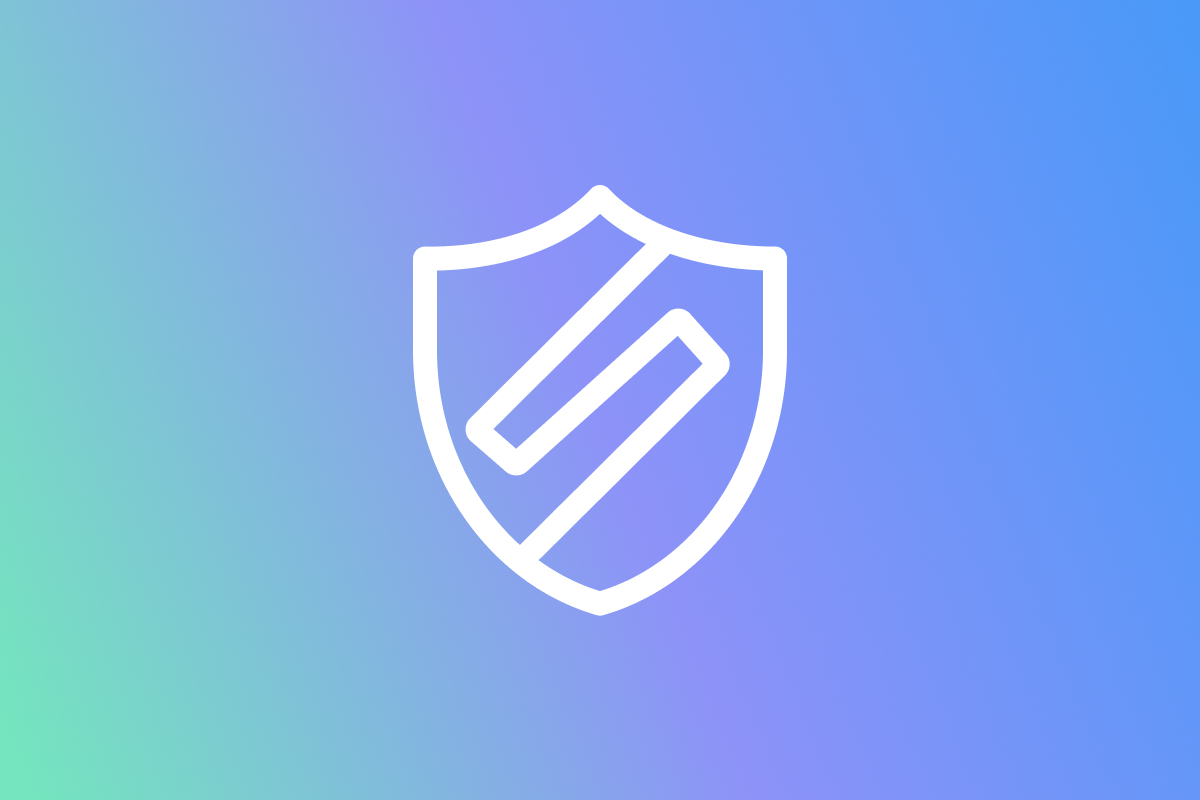Globally, remote positions are on the rise, and the statistics show that the trend is only going to continue. In 2022, approximately 25 percent of all professional jobs are anticipated to be fully remote by the end of the year.
While many jobs transitioned to remote due to the pandemic, many positions will continue to be remote or hybrid. During the pandemic, nearly two-thirds of all white-collar jobs were remote.
Many workers prefer hybrid work or remote work to fully in-office positions. Up to 68 percent prefer to work remotely full time. Employers are providing solutions to help improve culture and secure the best talent. However, some aspects of online work open companies and employees up to potential security threats and dangers as identity thieves target remote workers.
Identity Theft and Remote Work
Identity theft has grown to be one of the most prevalent crimes on the planet, with nearly 33 percent of people being victimized in one way or another, often as a result of hacking. People worldwide are subject to the pitfalls of cyberattacks, phishing, and other related crimes. Millions of attempted phishing hacks occur annually, and businesses and employees are often the targets.
Victims of identity theft come from all backgrounds and fields. The implications of identity theft can be long-lasting and impact many aspects of the lives of employees and their employers.
Identity theft causes far-reaching consequences in many areas of an employee’s life. It affects personal, financial, and emotional areas.
1. Decreased Productivity
The emotional stresses and time-consuming process of repairing the damage identity theft can cause often results in decreased productivity in the workplace. Victims may find it difficult to focus on their work and may take longer to complete assignments. In some cases, they may even have to take time off from work to deal with the aftermath of the crime.
2. Financial Difficulties
Victims of identity theft often experience financial difficulties as a result of the crime. They may have to pay for credit monitoring services or deal with fraudulent charges on their accounts. In some cases, they may even lose their jobs if their employer is unable to verify their identity.
3. Emotional Distress
Identity theft can cause a great deal of emotional distress. Victims may feel violated, helpless, and angry. They may have difficulty sleeping or eating and may suffer from anxiety or depression. The stress of dealing with identity theft can also take a toll on personal relationships.
4. Legal Problems
Identity theft can also lead to legal problems. Victims may find themselves facing criminal charges if the thief used their personal information to commit a crime. They may also have to file a lawsuit to recover damages from the theft.
5. Loss of Trust
Victims of identity theft often lose trust in others. They may be reluctant to give out personal information, and may also have their reputation damaged
Three Reasons Remote Workers Need Identity Theft Protection Services
Remote workers should make the most out of tools available to them to safeguard their finances and their future. Norton LifeLock provides expert identity theft protection and servIces to help remote workers stay secure. Remote work opens employees up to certain vulnerabilities when it comes to identity security.
1. They Have More Personal Information Accessible Online
Remote workers frequently use personal devices like cellphones, computers, and laptops for their positions. These devices can hold a lot of personal information, like contact lists, addresses, and social media passwords. If these devices were to fall into the wrong hands, the thief would have access to everything the remote worker has online. This is why it’s important for remote workers to have identity theft protection services in case their device is ever lost or stolen.
Often, they will use personal email inboxes for work-related purposes. Many remote workers or gig workers give out personal information to clients. If these email inboxes were to be hacked, the hackers would have access to a wealth of personal information. This is another reason why it’s important for remote workers to have identity theft protection services.
2. They are Often Targets of Phishing Scams
Phishing scams are becoming more and more common, and remote workers are frequently targeted. Phishing scams are emails or websites that try to get remote workers to reveal their personal information like passwords or credit card numbers. Because remote workers are often out of the office and away from their normal support system, they can be more susceptible to these scams. This can include the necessary tech training or security measures an in-office position provides. That’s why it’s important for them to have identity theft protection services, so they can detect and report any potential scams. Hackers know that remote workers have a lot of personal information accessible online and they often use this information to steal identities.
3. They are the Often Working Outside the Office on Unsecured Networks
Remote workers are often working in coffee shops, airports, or other public places where Wi-Fi is not secure. This leaves their personal information vulnerable to hackers who could steal their identities. Identity theft protection services can help remote workers reduce this risk by providing anti-virus and malware protection, as well as identity theft insurance.
Not working in an office environment means that they do not have the same level of protection as employees who do. This is one of the reasons why it’s so important for remote workers to have identity theft protection services.
Protecting Remote Workers from Cybercrime
Remote workers and the companies they work for need to be proactive about taking steps against identity theft. There are a few things that businesses can do to help protect their remote workers from cybercrime.
1. Educate Employees About Cybersecurity Risks and How to Avoid Them
Make sure employees are aware of the dangers of clicking on links in email messages or opening attachments from unknown senders. They should also know not to give out personal information or login credentials to anyone online.
You can provide this education through regular training sessions, company-wide memos, or by distributing information in other ways.
2. Provide Employees with Secure Access to Company Resources and Data
When your employees are working remotely, they should connect to the internet through a VPN. This will encrypt their connection and help protect their data from being intercepted by cybercriminals.
3. Implement Two-Factor Authentication (2FA) for All Accounts
Two-factor authentication adds an extra layer of security by requiring users to enter a code from their phone or another device in addition to their password. This makes it much harder for hackers to gain access to accounts, even if they have stolen a password.
4. Back Up Data Regularly and Keep Backups in a Secure Location
In the event that data is lost or corrupted, it’s important to have backups that can be used to restore it. These backups should be stored in a secure location, such as an offsite server or cloud-based storage service.
5. Use Security Software and Keep it Up to Date
Install security software on all company devices and make sure it is always kept up to date. This software should include a firewall, antivirus program and other security features.
6. Keep Systems and Software Up to Date
Make sure all company systems and software are kept up to date with the latest security patches. This includes operating system updates, as well as updates for any applications that are used.
7. Monitor Activity on Company Networks
Regularly monitor activity on company networks for any suspicious or unusual behavior. This can be done with a security monitoring tool or by manually reviewing logs.
8. Respond Quickly to Any Security Incidents
If a security incident does occur, it’s important to respond quickly in order to minimize the damage. This includes containment, investigation, and recovery steps.
9. Have a Plan in Place for How to Deal with Security Incidents
Before a security incident occurs, it’s important to have a plan in place for how to deal with it. This plan should include steps for containment, investigation, and recovery. It should also designate who is responsible for each task.
How Criminals Commit Their Crimes
Identity thieves need only a few key pieces of personal information in order to commit crimes. These include :
- Social Security number
- Direct deposit bank information
- Credit card number
- Credit histories
- Job applications
- Background reports
- Payroll and tax records
How do they get access to this information digitally?
1. Weak Passwords
Identity thieves use a variety of methods to steal passwords. Having a system on securing passwords, such as a password manager, and using tools to create strong, unique passwords helps safeguard accounts.
2. Cyberphising
Suspicious links in texts and emails sometimes dupe visitors into providing their information. Be especially cautious of unsolicited communications, and never click on unfamiliar links.
3. Malware
Malicious software, or malware, is designed to harm devices or steal information. Keep systems updated with the latest security patches to help prevent malware infections.
4. Public Wi-Fi
Thieves can piggyback on unprotected Wi-Fi networks to gain access to devices and steal sensitive data. When using public Wi-Fi, be sure to use a VPN or secure browser extension to help protect your information.
5. Data breaches
Data breaches happen when hackers gain access to sensitive information, like credit card numbers or medical records. Be sure to monitor your accounts for suspicious activity and sign up for credit monitoring services to help protect your information.
Norton 360 with Lifelock Protects Workers From Identity Theft
Norton 360 with LifeLock provides individuals and families with identity theft protection packages. Membership plans carry 24/7 customer service support options and continual identity theft monitoring to protect what’s most important. Advanced features like investment account monitoring and social media account monitoring give extra peace of mind and security. All packages carry protection for up to $1 million for attorneys and experts as well as $25,000 stolen funds reimbursement. Plus, dedicated professionals work with customers to recover any losses and communicate to credit bureaus. Get membership packages for up to seven family members. Sign up today!

